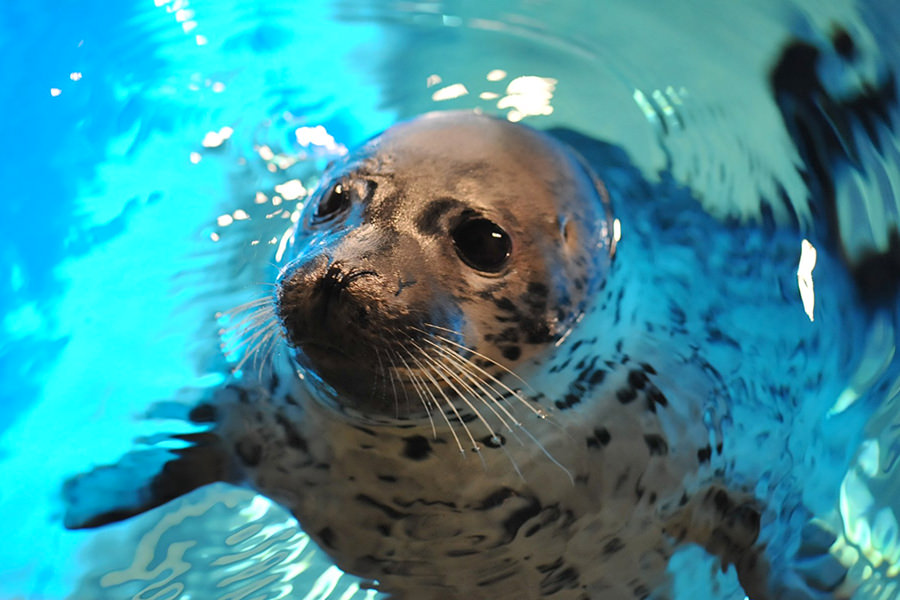Spotted Seal
Illegal Wildlife Trade
In South Korea, spotted seals have been designated Natural Monument No.331 and second-class endangered species. This is because seals from South Korea travel to Dalian to breed every year where several thousands are harvested for their genitals and sealskin to be sold on the black market. In 2017, China's "Spotted Seal Conservation Action Plan" revealed that the worldwide population of wild spotted seals is estimated to be 450,000, of which the historical record of spotted seals in Chinese seas is about 8,000 individuals. However, the number of spotted seals in Chinese seas has been declining since the 1980s, with a record-low of about 1,200. Spotted seals are now listed as national secondary key protected wild animals in the "List of National Key Protected Wild Animals".
Illegal trade is one of the most pressing threats to wildlife, decimating populations and pushing species to the edge of extinction. Some of the animals are kept as exotic pets. Some are killed for their body parts, such as tusks, horns, bones, shells, scales and skin. Besides spotted seals, African elephants, pangolins, tigers, rhinoceros, hornbills, sea turtles, as well as local species including Hong Kong newt and golden coin turtle have also fallen victim to poaching. It is estimated that more than 100,000 pangolins, 20,000 elephants, 1,000 rhinos and 100 tigers are killed each year due to the illegal wildlife trade.
Illegal wildlife trade is a major and growing threat to biodiversity. The disappearance of a single species upsets the balance of ecosystems and puts other species at risk, including us. By donating to "Conservation Hero Supporting Programme", you will help to save wildlife from becoming victims of the wildlife crime.

